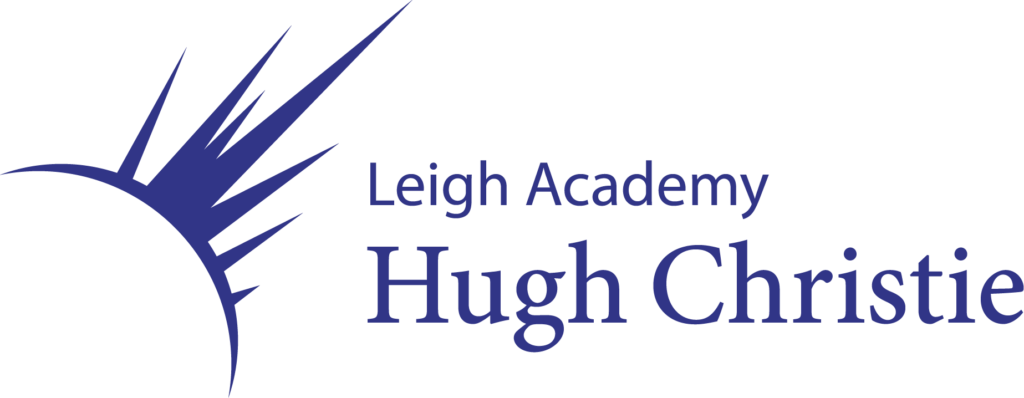What is bullying?
There is no legal definition of bullying. But it is usually defined as repeated behaviour which is intended to hurt someone either emotionally or physically and is often aimed at certain people because of their race, religion, gender or sexual orientation or any other aspect such as appearance or disability. Bullying can have a massive impact on your mental health, both now and in the future. In fact, recent research has shown that if you’re bullied as a child or teenager, you might be twice as likely to use mental health services as an adult.
Bullying can take many forms including:
- Physical Assault
- Social Bullying
- Threatening Behaviour
- Name Calling
- Cyberbullying
It can be to your face or online. One-off problems, reactions to your unkindness or arguments with friends are upsetting but not bullying.




